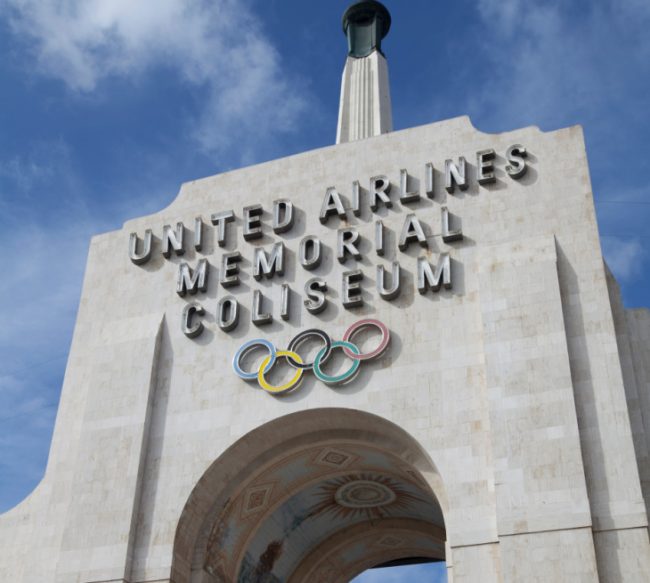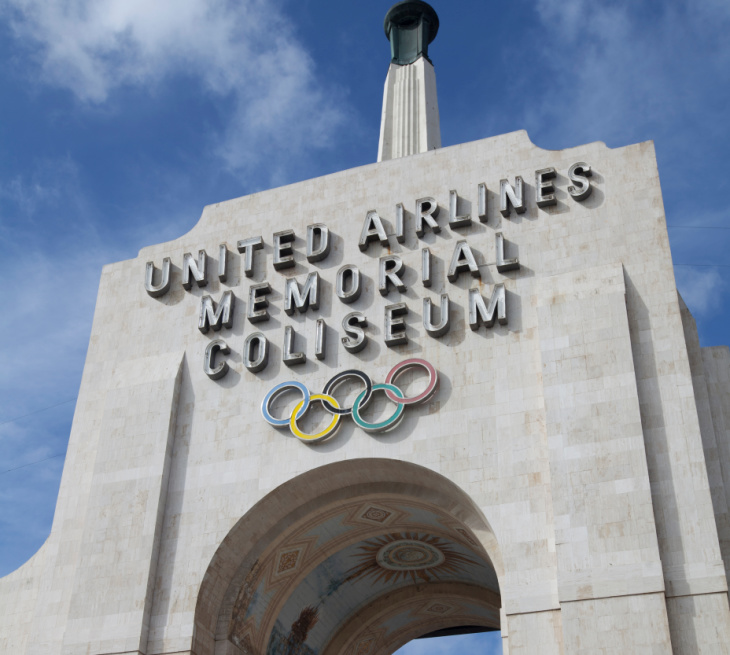Los Angeles Memorial Coliseum is undergoing a massive (and overdue) renovation, under the auspices of its lease to USC. But one aspect of that renovation — selling naming rights to United Airlines for $69M — is meeting strong resistance both from veterans groups (even if the words “Memorial Coliseum”) would remain, and from people who just don’t like commercialized stadium names, esp. on ones that have multiple Olympics and deep-seated community history.

Put me in that latter category. I still say “Mile High” to refer to Whomeverissponsiringitnow Field at Mile High. It’s, to my mind, a level of commercialism too far. (To be fair, United considers that sort of naming compromise — “United Airlines Field at the Los Angeles Memorial Coliseum” — to be a level of commercialism not far enough.)
That does raise the issue of, well, if United is willing to pay for it, who else is going to step up if they don’t get the eye-share of their brand every time the Coliseum is mentioned? That’s not an insignificant question. If sponsoring companies weren’t given the opportunity to put their names up in giant lights (and be mentioned by name in almost every news story about competitions there), perhaps they’d still give for a lesser option. Or perhaps we’d just need to reevaluate how such facilities are funded, or what level of luxury they actually need to accommodate.
I realize that, in part, it’s all a matter of commercial relations and business and money and who’s willing to pay for what. But sports stadiums have a funny role in a community. Even when publicly owned (as the Coliseum is, though leased with full rights to USC), they remain to some degree publicly funded (usually through tax breaks to their owners). And, while they aren’t quite public property — like government buildings and public parks and the like — they do hold a similar mindshare: a landmark, a place that represents the community and “their” sportsball teams, and, with time, something much more.
I’ll be curious to see how things work out back in LA.
Do you want to know more? United Airlines Says If USC Doesn’t Rename Memorial Coliseum, They Are Willing To Drop Out Of $69M Deal : LAist
